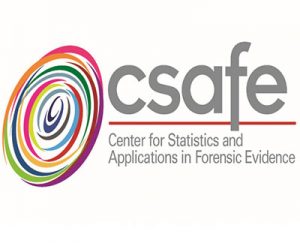William Ray Jacobs was convicted by jury trial of aggravated sexual assault in 1997. He was sentenced to life imprisonment. Jacobs failed to get relief from his conviction through appellate and habeas proceedings, and in these proceedings, the state contended that the remaining physical and forensic evidence was untestable. Jacobs filed a 1983 suit claiming his due process rights were violated because he had a Texas state right to post-conviction DNA testing of evidence. In his claim, he specifically requested the short-tandem-repeat (STR) method of DNA testing. The trial court dismissed the case as frivolous and for failure to state a claim for which relief can be granted because previous courts had made the determination that evidence was untestable. The Fifth Circuit reversed and remanded the case for further review because the state had not specifically stated whether STR testing was possible for the evidence in his case.
Jacobs v. Wheeler, 2015 WL 6955205.


Leave a Reply